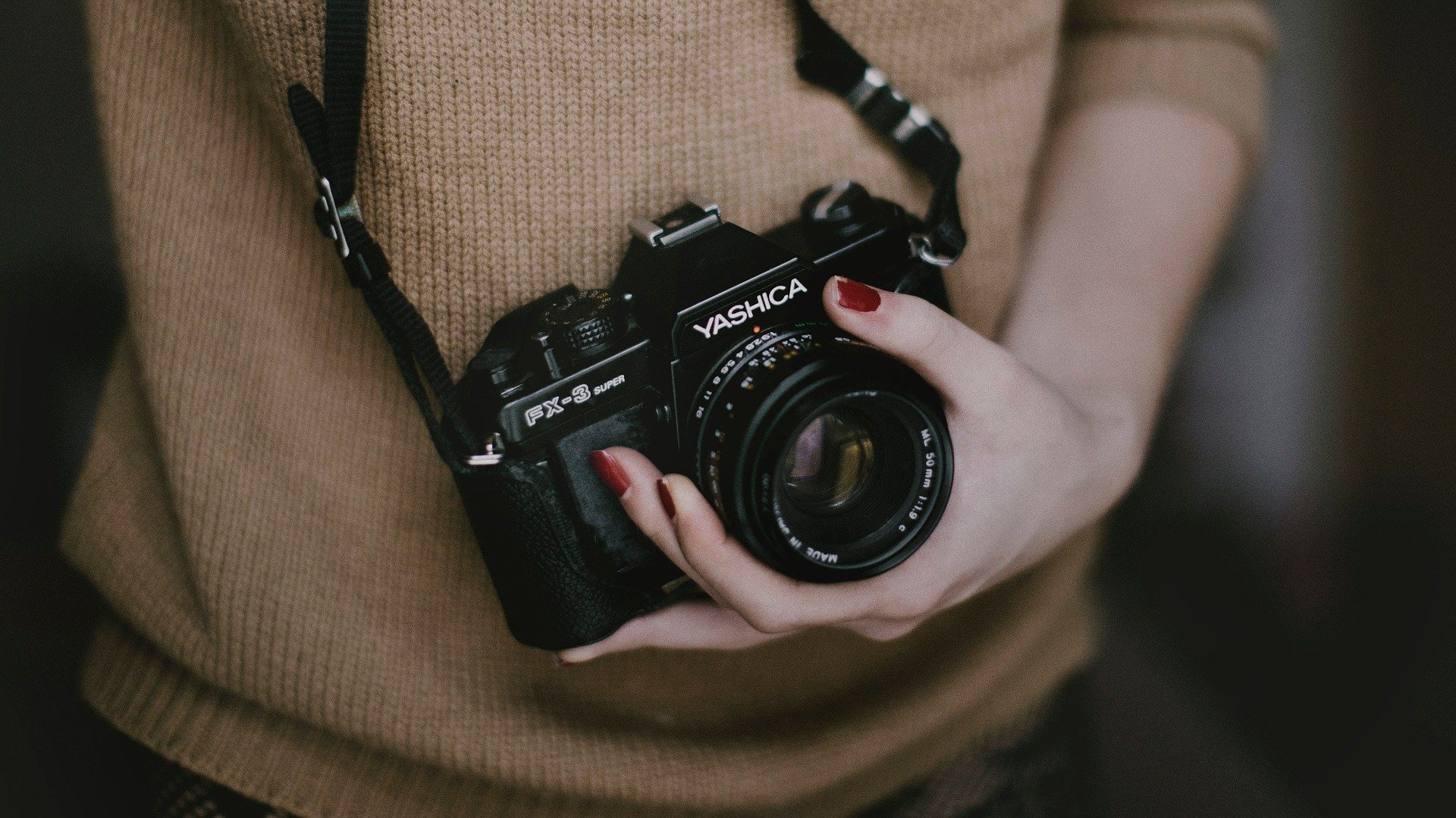Contents
Have you been dreaming of starting your own photography business? Starting your own business can be fun, scary, and exciting, sometimes all at the same time. To maximize your chances at success, there are some important thoughts to consider before diving in head first.
You can start by having an honest conversation with yourself, or with a colleague, about what will be required to get started. Once that’s established, if the decision to move ahead still makes sense, you can look at business structures, overhead, and marketing costs in greater detail.
1) Cost of equipment and basic infrastructure
Assuming you were an amateur photographer before you considered starting your own photography business, you probably have some equipment already. The needs of an amateur photographer may differ from what you will need in the business. You may need special lenses, a better camera, or a new tripod. You might need backdrops, props, or even some studio space, depending on the type of photography work you expect to be doing.
You’re also going to need some basic marketing materials. This might include business cards, flyers, and a website which can serve as a calling card and a portfolio to display your prior work. Note that this does not yet include the extended cost of marketing or advertising. This is just the minimum basics.
Brainstorm first, making a realistic list of equipment you might need right away, as well as the cost. Maybe you don’t need everything on day one and can purchase some items as you go, but be careful not to exclude items that may be needed quickly. These items belong in the starting budget.
Is the dollar cost something you can afford to invest? It’s a fact that most small businesses ventures don’t make it past the first year, and not all investments will provide a return. To be fair to yourself, bear that in mind while looking at the cost, not as a deterrent, but as a reality check. There’s no guarantee that you’ll earn a single dollar; there is, however, hope — and the beginnings of a plan.
2) Cost of marketing for your photography business
Business cards, promotional flyers, and a website are minimum requirements for marketing your photography business. Business cards and flyers can be small expenses, but note the prices in your list anyway.
Websites can range from nearly free to several thousand dollars, depending on what you want the website to do and whether you’ll hire someone to build it out for you. Website/blogging platforms like WordPress can provide an inexpensive way to get started. If using WordPress, you’ll need a portfolio plugin that will enable you to showcase your work.
There are also companies that specialize in ready-made websites for photography businesses. The cost for these website scripts usually runs in the hundreds of dollars. As a third option, you could hire a company to design and build a website that is unique for your business. This can cost a few hundred dollars or up to several thousand.
Try to pick a website domain name that matches your business name or describes your business well. The shorter the domain name, the easier it will be to use it in conversation with potential customers or in marketing materials.
Once you have your business cards, your flyers, and your website figured out, what about other marketing costs? How will you drive traffic to your website and get customers? How will anyone find out you are in business, or what you do?
3) Costs of advertising, directory listings, or memberships
Creating awareness of your photography business and generating revenue can be done on a tight budget if needed, but expect growth to be slower than if you had a larger budget for marketing. You can look into local print ads, posting flyers on bulletin boards, passing out business cards and flyers to other businesses or parties who may need your services. You can also advertise online. Be careful with advertising costs. It’s often difficult to measure a return, and you can be left wondering what’s working and what isn’t. It’s also easy to run up a large bill in a short amount of time, particularly with online advertising. Pick a number for your advertising budget and try to stick to it. This will help to avoid unpleasant surprises.
There may be a benefit in joining local, regional, or national groups or guilds that can send traffic or lend credibility to your photography business. Again, add up your estimated costs or budgeted amounts so you have a better idea of startup costs and monthly expenses. During your first weeks or months in business, you may have little to no income to offset these investments.
4) Do you need to rent studio space for your photography business?
Depending on the type of photography you expect to be doing, you might need to rent a space where you can work. This space may not need to be large, but it should be clean, professional, and located where your clients will feel safe if you expect them to go there. The cost to rent space for your photography business will vary by market and by the amount of space needed. Make sure that cost goes into your budget if you think you’ll need studio space right away. Some towns and cities have co-op space available for artists, photographers, and similar small businesses. Co-ops can be a way to save some money if you can find one in your area.
5) What type of business entity should I choose?
Because each business entity type has its advantages and disadvantages, you’ll want to consult with an accountant on the particulars. Most photography businesses can be established as a limited liability company, which limits some of your own personal liability.
6) What about Business Liability for my photography business?
While the business structure you choose can limit your personal liability, the business can still be exposed to liability in a number of ways. Check with your insurance agent about buying a business liability insurance policy. These policies are usually priced according to revenue, and the premium cost will grow as your business grows.
Starting your photography business can be among the most exciting times of your life. Knowing the numbers and other considerations beforehand makes you more prepared and better positioned for success.



